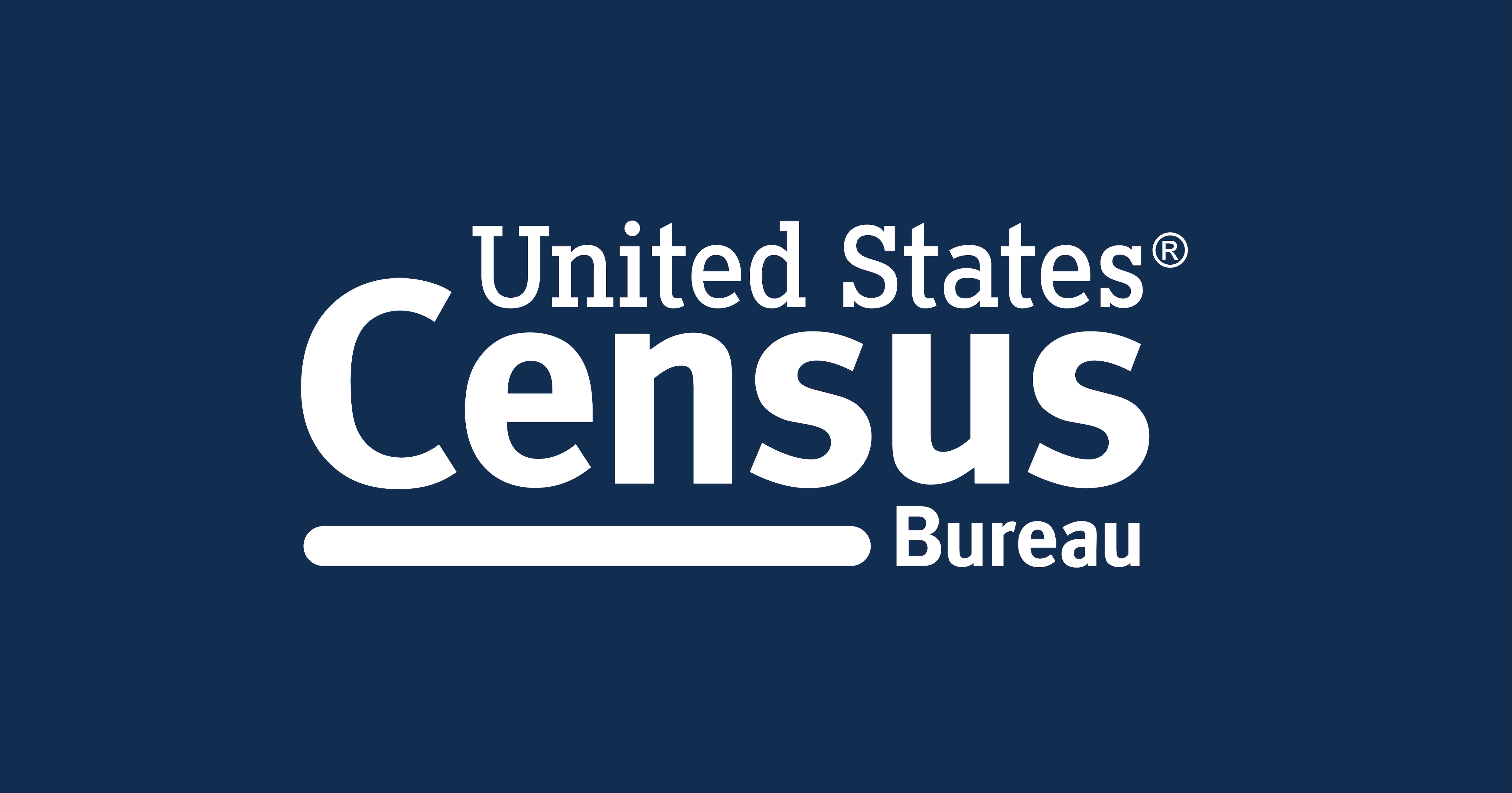The Big Reset: Navigating the Winds of Economic Change
As the world begins to emerge from the shadow of a global pandemic, whispers of a looming "Big Reset" grow louder within the hallways of finance and industry. The term is not new, but its context has been radically redefined in light of recent events. Beyond the domain of IT systems or individual corporations undergoing structural changes, the Big Reset now refers to a comprehensive overhaul of societal, economic, and financial structures on a global scale.
Triggered by a blend of unprecedented crises, the economic disruption caused by COVID-19, alongside accelerating technological advancements and shifts in geopolitical power, has exposed the frailties of our interconnected world. Economies are on the brink of transformation, as traditional models show signs of severe strain or outright failure under the pressures of a new world order.
One of the most significant indicators of this transformation is the palpable shift away from unrestrained globalization towards more protectionist and nationalist economic policies. Supply chain vulnerabilities revealed by the pandemic have incited many countries to re-evaluate their dependencies on international manufacturing and trade. 'Reshoring' and 'nearshoring' are no longer buzzwords but part of strategic planning for nations and corporations alike, who seek to mitigate the risks of future supply chain disruptions.
Moreover, the digital economy, which has been gaining traction for the better part of the last two decades, received a turbo boost as lockdowns and social distancing measures pushed more people online. This digitalization jump has had profound implications on labor markets, commercial real estate, and even cybersecurity. Jobs are being redefined, with remote work becoming a staple, fundamentally altering the urban economic landscape and the fabric of our work-life balance.
The reset button is also being hit on the financial frontier. In a world awash with debt, central banks have embarked on a tightrope walk of maintaining economic stimulus without triggering rampant inflation. Meanwhile, digital currencies and decentralized finance (DeFi) platforms challenge the hegemony of traditional financial institutions and fiat currencies, potentially rewriting the rules of monetary policy and international trade.
Climate change, too, pushes us towards the Big Reset. The green transition, pushed forward by both public sentiment and policy, demands a rethinking of energy production, consumption patterns, and corporate accountability. Investments are increasingly funneled into sustainable practices, technologies, and infrastructure, a shift that is reshaping the investment world and potentially addressing some of the existential risks posed by environmental degradation.
In navigating the Big Reset, corporate leaders, policymakers, and consumers alike are being challenged to rethink, reimagine, and reconstruct a world that balances economic prosperity with systemic resilience and sustainability. It is not merely about weathering the storm; it is about setting a course for a fundamentally different economic reality.
[Stay tuned for the continuation of this article, where we dive deeper into the specifics of the Big Reset and explore the changes in workforce dynamics, technological revolutions in finance, and the geopolitical shifts that will define our collective future.]
[Continuation pending...]Exploring the New Economic Landscape: The Workforce and Technological Paradigm Shifts
As the discourse surrounding the Big Reset unfolds, its implications on the workforce and technology sectors reveal the magnitude of the changes we are set to encounter. In a world that's rapidly digitizing, with artificial intelligence (AI) and automation at the forefront, the fear of job displacement juxtaposed against the creation of new career frontiers is palpable. How societies adapt to, and integrate these changes, will be critical in determining the shape of post-reset economies.
The Workforce Reimagined
The global job market is at an inflection point. The rise of remote work options has untethered many employees from their traditional workplaces, leading to a re-evaluation of living and working conditions. This result is a two-edged sword: while it presents an opportunity for diversified and dispersed economic development, it also puts stress on industries and areas reliant on traditional office-centric economies.
Further complicating matters is the acceleration of automation and AI within the workplace. While these technologies can drive efficiency and create new industries, they also carry the threat of displacing workers in roles susceptible to automation. To address these challenges, there is an urgent need to invest in upskilling and reskilling workers. A future-focused curriculum that emphasizes digital literacy, critical thinking, and adaptability is essential to ensure a workforce capable of navigating the choppy waters of a constantly changing economic environment.
Technological Revolution in Finance
The Big Reset brings forth a recalibration of the financial industry as well. The emergence of blockchain technology and cryptocurrencies is disrupting traditional finance, offering more decentralized and sometimes more democratic forms of monetary exchange and investment. These digital assets and their underlying technologies are not merely new investment frontiers; they could redefine the very architecture of financial systems.
Decentralized finance, or DeFi, removes intermediaries from financial transactions, allowing for a high level of efficiency and transparency. These technologies could empower individuals by giving them more control over their financial assets, but the journey there is fraught with regulatory and security challenges. Establishing a robust framework that can ensure the stability and security of a DeFi-inclusive financial system is another essential puzzle piece in the Big Reset narrative.
Geopolitical Shifts and New Alliances
Finally, the Big Reset cannot be viewed in isolation from the geopolitical shifts that accompany it. As countries look inward to secure their futures, there is a risk of heightened protectionism and conflict over resources, especially as the demand for green technology materials increases. Yet, there are also opportunities for new alliances and partnerships, particularly in areas of trade, technology, and the environment.
Climate change is a global challenge that transcends national boundaries, and the reset provides a chance for countries to rally together to implement joint sustainability initiatives. This could lead to surprising collaborations and foster a sense of global community that has been under strain in recent years.
Conclusion: Reset for Resilience and Inclusion
The Big Reset is not a destination but a transitional journey toward a more resilient and inclusive global economy. While change is inherently fraught with uncertainty, it also presents a unique opportunity to address systemic flaws and create a more equitable economic model.
Leaders across all spheres have the responsibility to approach this reset with foresight and humanity, ensuring that as we rebuild, we do so in a manner that fortifies against future crises and enhances the quality of life for all global citizens. Inclusive policies, a deployment of technology for the greater good, and a concerted effort to align economic progress with environmental sustainability can help us turn the Big Reset into a significant leap forward for civilization.
As we stand at the cusp of this new era, one thing is abundantly clear: Change is not just coming—it's already here. And how we navigate it now will determine the world we live in tomorrow.











Comments